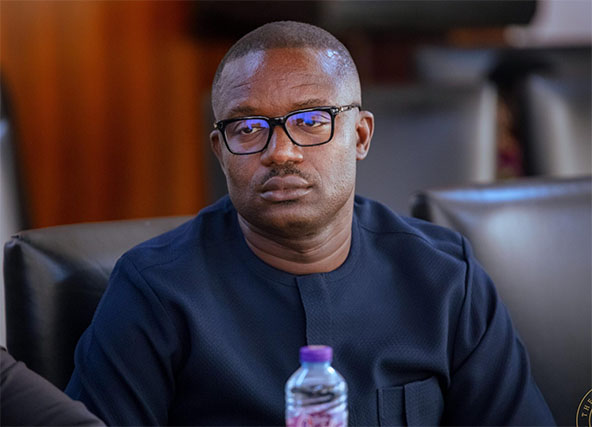The Chamber of Bulk Oil Distributors (CBOD) is gravely concerned about the deepening breakdown of Ghana’s Laycan import schedule, a situation that now threatens the integrity and stability of the country’s fuel import framework.
For the first time, the second-quarter (Q2) Laycan schedule has been forcibly extended into the third quarter—up to September 2025—further escalating uncertainty across the downstream petroleum sector. This unprecedented extension is just the latest sign of a system in disarray.
At the heart of the crisis is the increasing politicization and violation of the Laycan protocol. The National Petroleum Authority (NPA), which traditionally manages the Laycan schedule through stakeholder consultations, has effectively been sidelined.
The importation of petroleum products is now being controlled directly from the Flagstaff House, bypassing established regulatory and operational frameworks.
This shift has opened the door to widespread abuse.
BIDECs without allocated slots—often claiming loosely defined “emergencies”—are being permitted to berth, while legitimate importers are left waiting. Even more troubling are credible reports that some politically connected individuals, particularly affiliates of the ruling NDC with links in Nigeria, are exploiting the situation. They reportedly receive calls from allies in Ghana to “bring in oil” outside of the official schedule, further disrupting an already fragile system.
The Laycan schedule, designed to ensure fairness, efficiency, and accountability in the importation of petroleum products, has been compromised beyond recognition. In 2025 alone, the schedule was revised more than four (4) times in the first quarter and an alarming seven (7) times in the second quarter—often arbitrarily and without consultation with key industry players. Each revision affects up to ten cargoes, causing cascading delays averaging 30 days per incident.
From January to June 2025, Bulk Import, Distribution, and Export Companies (BIDECs) have incurred over forty million US dollars (USD 40 million) in demurrage and related costs—expenses that have been passed on to consumers through higher fuel prices.
Despite numerous attempts by CBOD to engage the NPA and propose reforms to restore transparency and predictability to the Laycan system, no meaningful action has been taken. Instead, political interference continues to override professional judgment, undermining the sector and placing undue financial pressure on Ghanaian businesses and consumers.
CBOD therefore calls on the Ministry of Energy and Green Transition to urgently intervene and restore the mandate of the NPA, ensure compliance with the Laycan protocol, and halt all unauthorized imports being facilitated outside the officially approved schedule. Ghana’s petroleum supply chain must not be left at the mercy of partisan interests.



